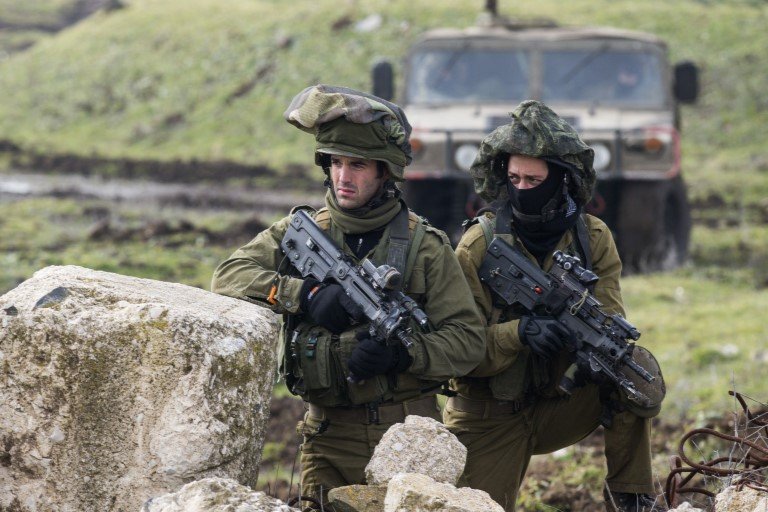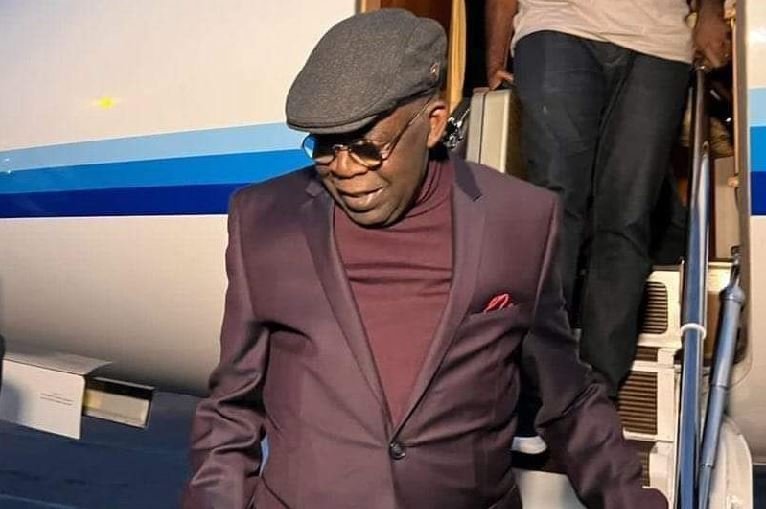Israel murdered three Islamic Jihad leaders and ten civilians in Gaza on Tuesday, according to Palestinian sources, prompting threats of retaliation from the movement and condemnation from Egypt, which has negotiated previous ceasefires in the enclave.
In anticipation of a flare-up, Israel stopped highways in Israeli communities near Gaza, advised inhabitants to stay close to bomb shelters, and announced the mobilisation of military reservists. Social media images showed Iron Dome missile interceptor batteries being trucked to the front lines.
The extent of any escalation might be determined by if Gaza’s governing Hamas terrorists participate, as they did in the 2021 conflict.
In an attempt to scare them away, Israeli security cabinet secretary Israel Katz informed Tel Aviv radio station 103 FM that Hamas leaders may also be targeted for death.
While grassroots violence has risen across the Israeli-occupied West Bank and Jerusalem over the last year, exchanges of fire across the Gaza border have also increased, most notably after the death last week of an Islamic Jihad commander on hunger strike in Israeli captivity.
Jihad Ghannam, Khalil Al-Bahtini, and Tareq Izzeldeen were named as the leaders murdered on Tuesday by Islamic Jihad. The Iranian-backed outfit is on Western terrorism watch lists.
Medical authorities claimed ten people, including four children and five women, were killed in the raids on residential areas in crowded Gaza, where 2.3 million Palestinians live on 365 square kilometres (140 square miles).
Islamic Jihad has pledged to “match the size of the crime.”
“The Occupation (Israel) must expect a response at any time and from any place,” organisation spokeswoman Dawoud Shehab warned.
The Israeli military said that it was investigating claims of civilian casualties but did not have an immediate reaction.
“We’re aware of some collateral, and we’ll learn more as the day progresses,” said a military spokesman.
The military claimed 40 planes participated in “pinpoint” attacks. “It was a convergence of intelligence, timing, and weather,” according to a military spokeswoman.
According to the spokesman, ten weapons and infrastructure manufacturing facilities, including rocket production workshops and a facility for building concrete used in tunnels, as well as military installations belonging to the organisation, were also targeted.
“More Resistance”
In a statement, Hamas leader Ismail Haniyeh, who has been divided between Turkey and Qatar, stated, “Assassination of leaders will not bring the Occupation (Israel) security, but more resistance.”
Egypt, which has often used open channels to broker truces between Israel and Palestinian militants, said the attacks “contradicted the foundations of international law and international resolutions.”
Videos showed billowing smoke and flames lighting up the night sky as firemen raced to a damaged structure as a medic soothed a little girl who seemed puzzled. “Your family is all safe; don’t worry,” he assured them.
During the bombing, Palestinians used social media to lament the death of a well-known dentist who was slain at home with his wife, praising him as a close friend and a modest guy.
In another indicator that Israel was bracing for a flare-up, its foreign minister, Eli Cohen, announced that he would leave India early after seeing Prime Minister Narendra Modi.
However, the events provided Prime Minister Benjamin Netanyahu with a political respite. Jewish Power, a far-right party in his religious-rightist coalition government, announced the end of a parliamentary vote boycott launched last week in protest of what it considered Israel’s lenient Gaza policy.
Since January, more than 100 Palestinians, as well as at least 19 Israelis and tourists, have been murdered in the conflict.
The Palestinian Foreign Ministry strongly denounced Israel’s bombing and said that the only way to achieve security and stability was via a negotiated political settlement. Like Hamas, Islamic Jihad refuses to cohabit with Israel and advocates its annihilation.
Israel took Gaza and the West Bank in 1967, territory that Palestinians desired for an independent state with East Jerusalem as its capital. Some members of Israel’s present administration have spoken out against Palestinian statehood, claiming that there is no such thing as the Palestinian people.
COGAT, an Israeli defence ministry body that administers civilian matters with Palestinians in occupied regions, said that its two Gaza crossings will be closed to persons and products until further notice.











